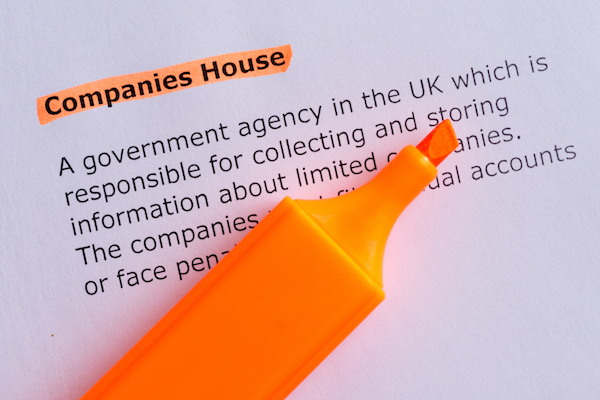
Many companies have seen business disappear as a result of the coronavirus with little prospect of it returning and are taking the difficult decision to close, or dissolve, a company rather than go through formal insolvency procedures.
It is a relatively straightforward process, costing just £10 and the completion of form DS01 that is then sent to Companies House. Two months later the company will no longer legally exist.
But severe staff shortages at Companies House caused by the coronavirus and the government’s lockdown measures together with the decision by Companies House in April to introduce a three-month pause to the strike off process has left companies unable dissolve, leaving them exposed to accumulating unnecessary expense and debt.
It is particularly problematic for small businesses who cannot afford or do not need to go through formal insolvency proceedings.
The decision by Companies House was with good intention recognising that business owners may not be able to file accounts on time – which, in normal times, leads to the striking off of a company. However, many decisions taken to cope with the virus have unintended consequences.
Businesses are facing delays of up to five months, leaving them exposed to additional rent, business rates and administration costs they can ill-afford. Creditors may not object to the dissolution of a business if its debts are small, but as they accumulate they may force companies into more formal insolvency procedures.”
Businesses that wish to close down do need to take the following steps
• Announce plans to HMRC.
• Inform staff and comply with redundancy rules.
• Correctly account for any assets of the business.
Form DS01 will need to be sent to directors of the company, employees, pension fund trustees or managers, and creditors. Creditors can object to the dissolution of a company pushing it into formal insolvency procedures, but if debt is small it is usually not worth the trouble. The longer it takes to dissolve a company the greater levels of debt it is likely to accumulate.
Andrew Tate is a Partner and Head of Restructuring at Kreston Reeves.
E: andrew.tate@krestonreeves.com
T: 0330 124 1399
www.krestonreeves.com.





